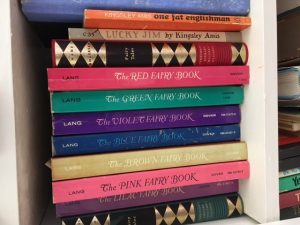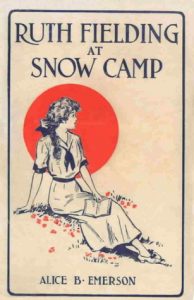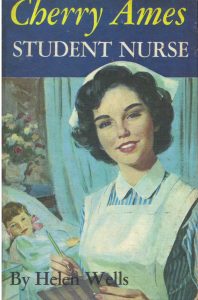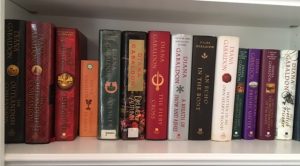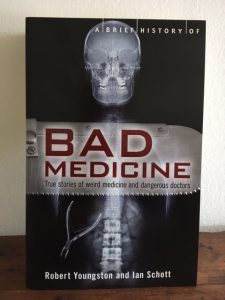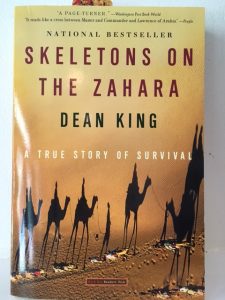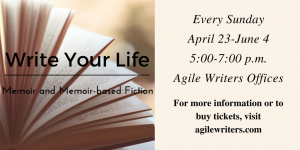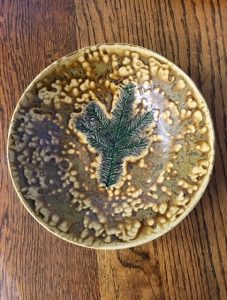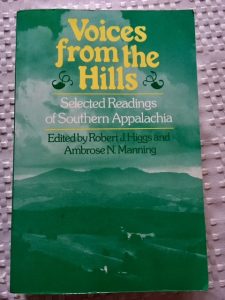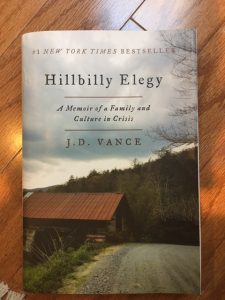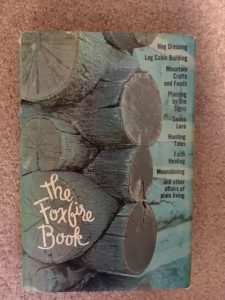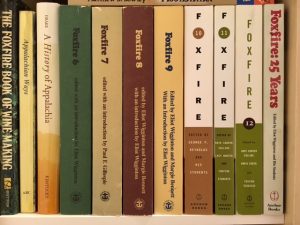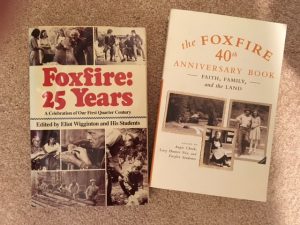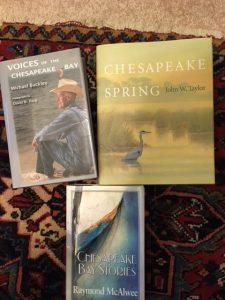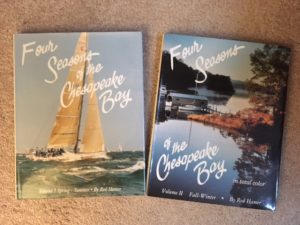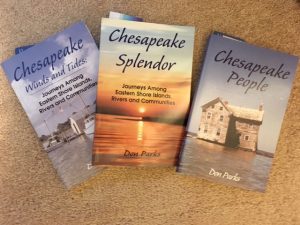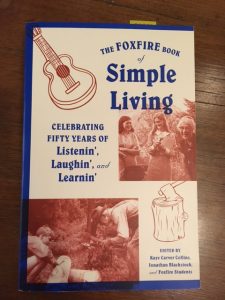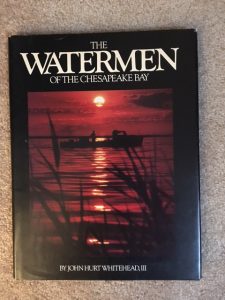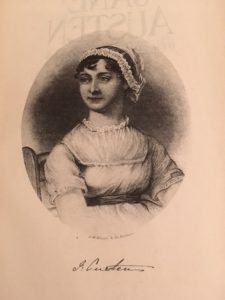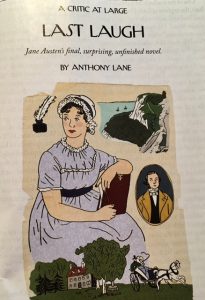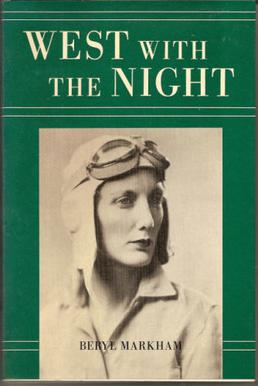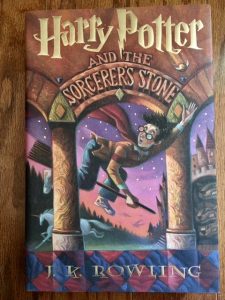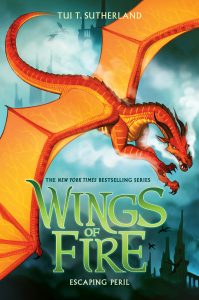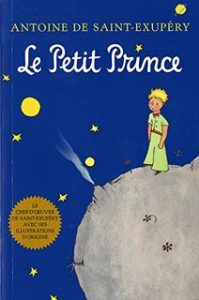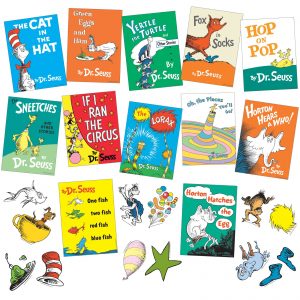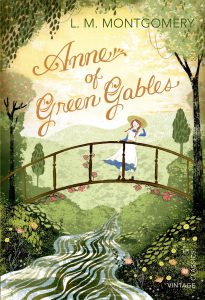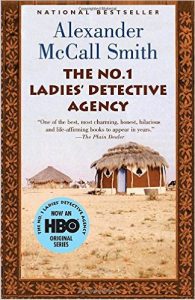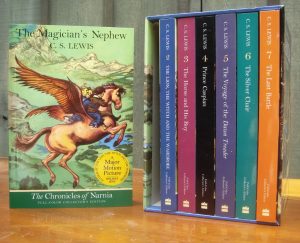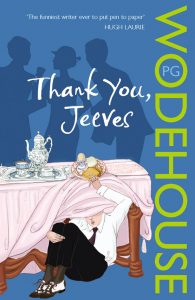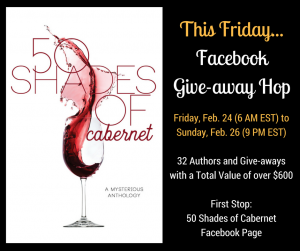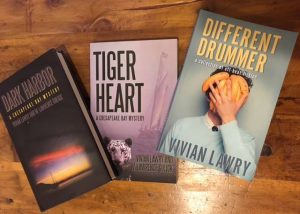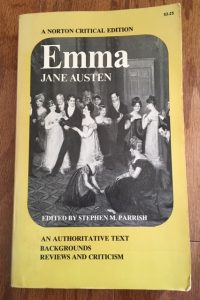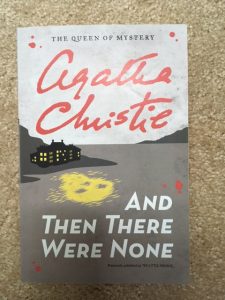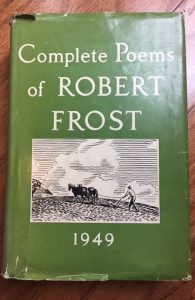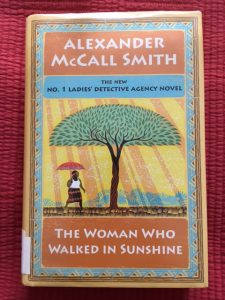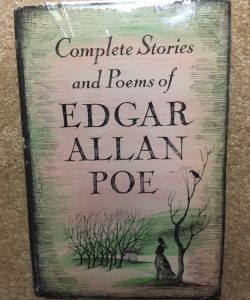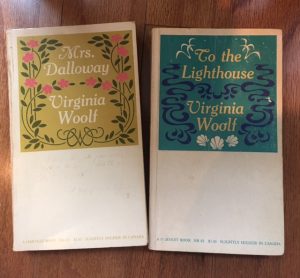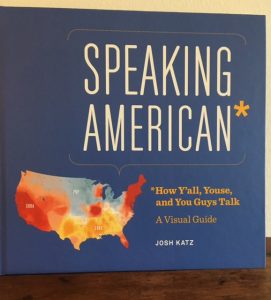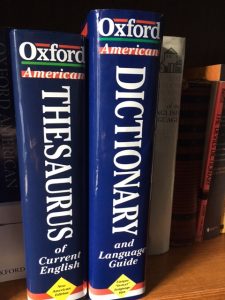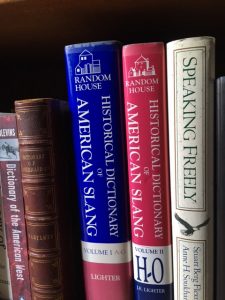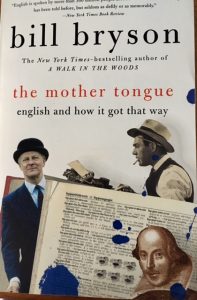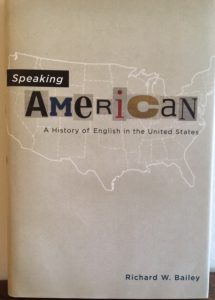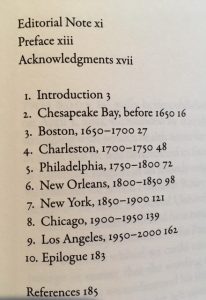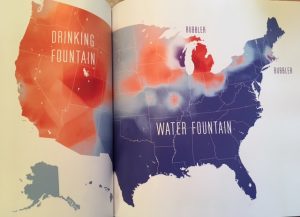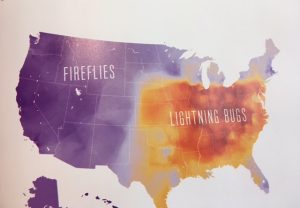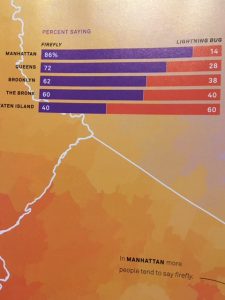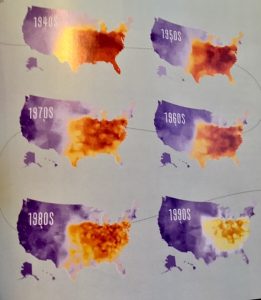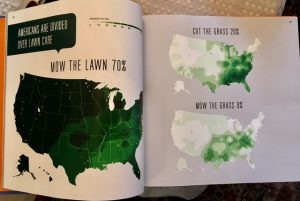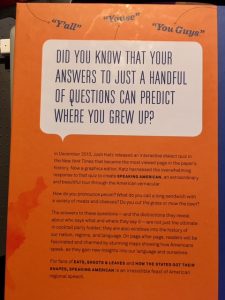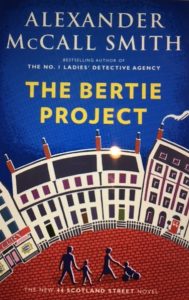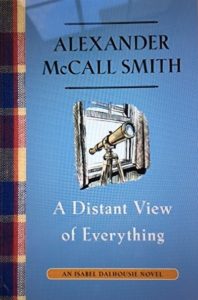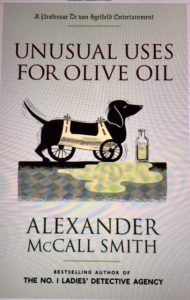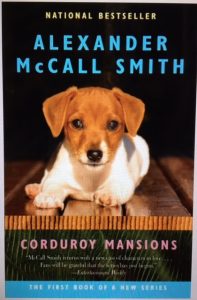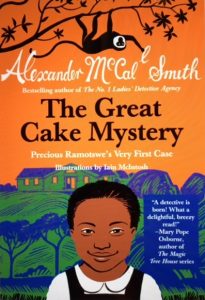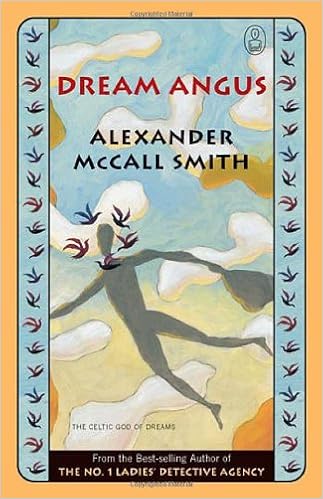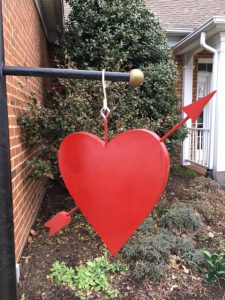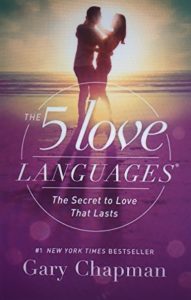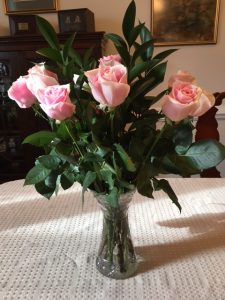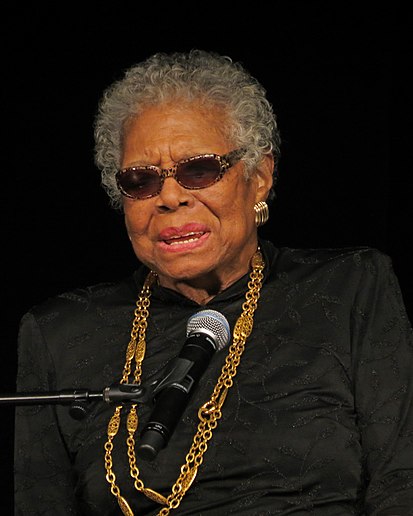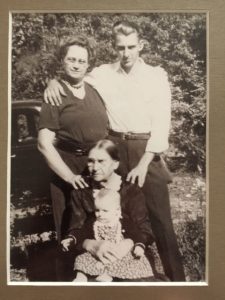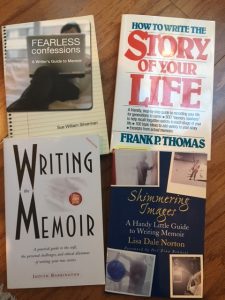
I did not grow up in a book house. In my earliest years, the only volumes we owned were a huge two-volume pictorial history of WWII and several Bibles. Dad subscribed to Field and Stream and Mom subscribed to True Confessions. So I wasn’t exposed to children’s books till I was in school and able to read for myself.

The first book I remember reading was The Little Mermaid. I read it for two weeks, the amount of time we were allowed to keep books from the county bookmobile. Every time I read it, I wept. To this day, one of the reasons I love books is their ability to engage my emotions. The rule for the bookmobile was two books per visit, but I had a note from my teacher allowing me to take out as many books as I wanted. Every two weeks I walked home with all the books I could carry between my fingertips and my chin.

A second book I remember vividly was a world geography book. I can still see the image of an African village. That section fascinated me! Everything from the jungle, to the half-clothed bodies to the strange looking houses to the jewelry. And that’s a second thing I still love about books: they can take me places I’ve never been and expose me to people unlike myself.
At one point I was obsessed with fairy tales. This started with a book in my grandmother’s house. These were the old version of tales intended to teach morality lessons, often with terrifying consequences for the evil characters—not the prettified Walt Disney versions with their cookie-cutter princesses. For example, in attempting to fit into the glass slipper, one of Cinderella’s ugly stepsisters cut off her heel and the other cut off her toes. One thing fairy tales taught me was the willing suspension of disbelief that allowed me to embrace fantasy, magical thinking, and other things unreal.
Around what would now be called middle school, I became enamored of two heroines. For some reason, I was never drawn to Nancy Drew. Instead I was drawn to Ruth Fielding, an early twentieth century girl from a poor family who had a scholarship to a private girls’ school and Cherry Ames, starting with her first year in nursing school. Both were lively, and somewhat unconventional, often breaking rules for the greater good, etc. So, another function of books in my life was exposure to role models I saw nowhere in my real life. I still love series in which the characters grow and develop over time—Diana Gabaldon, for example, over Patricia Cornwell.
Although I did not realize it at the time, books taught me that the same situation or event could be seen differently by different participants. Before I started writing, I don’t remember ever hearing about point of view, let alone thinking about it. But the fact is that books showed me, indirectly, that not everything was as I saw it.
Books serve multiple roles in my life today: escaping down moods, relaxing, laughing. One of the best is leaning something new. My most recent acquisition in this realm is A Brief History of Bad Medicine, which deals with the strange but true history of quacks, weird surgery, and medical disasters. But, you will recall, I’ve also mentioned Bill Bryson, Mary Roach, and John McPhee as leaders in creative nonfiction. I might add Richmond writer Dean King to that list.
So, tell me. Why do you read?
Interested in learning more about writing? Join me at Agile Writers for my class on Write Your Life: Memoir and Memoir-Based Fiction. For more information, visit the Agile Writers website.
